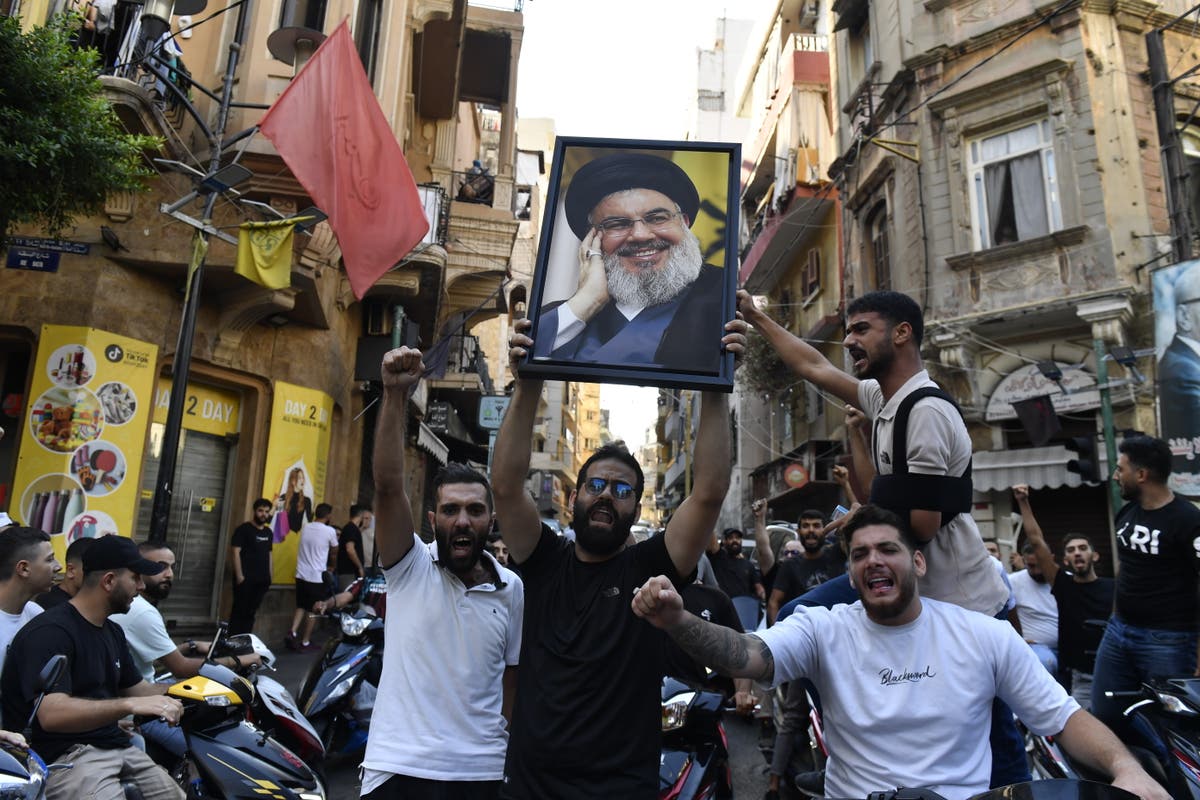The Russian judge who convicted Wall Street Journal reporter Evan Gershkovich said the trial was short because the court did not examine any "material evidence" and the verdict did not take long because he could "type quickly."
"The case itself was small. I don't remember how many folders there were, three or five," Judge Andrei Mineyev was quoted as saying by the RIA Novosti news agency.
"Why did it go so quickly? The thing is, the court did not examine material evidence," Mineyev said, adding neither the prosecution nor the defense had requested to consider case materials.
The judge made the comments at a conference in the city of Yekaterinburg, where he spoke about different cases he had worked on during his career, Russian media reported.
Gershkovich was arrested in March 2023 while on a reporting trip to Yekaterinburg, making him the first foreign journalist held for espionage in Russia since the Soviet period.
His trial in Yekaterinburg, which was held behind closed doors because of the nature of the charges, began in June 2024. Prosecutors accused him of gathering secret information about a tank factory.
In July, Gershkovich was sentenced to 16 years in prison and then released two weeks later in the largest prisoner exchange since the Cold War.
Mineyev said he was "100-200%" certain that Gershkovich was "at the same time a journalist, a spy and a CIA agent," the Kommersant business daily quoted him as saying.
The judge added that he quickly reached a decision on the ruling against Gershkovich since he could "type quickly."
A Message from The Moscow Times:
Dear readers,
We are facing unprecedented challenges. Russia's Prosecutor General's Office has designated The Moscow Times as an "undesirable" organization, criminalizing our work and putting our staff at risk of prosecution. This follows our earlier unjust labeling as a "foreign agent."
These actions are direct attempts to silence independent journalism in Russia. The authorities claim our work "discredits the decisions of the Russian leadership." We see things differently: we strive to provide accurate, unbiased reporting on Russia.
We, the journalists of The Moscow Times, refuse to be silenced. But to continue our work, we need your help.
Your support, no matter how small, makes a world of difference. If you can, please support us monthly starting from just $2. It's quick to set up, and every contribution makes a significant impact.
By supporting The Moscow Times, you're defending open, independent journalism in the face of repression. Thank you for standing with us.
Continue
![]()
Not ready to support today?
Remind me later.

 By The Moscow Times | Created at 2024-09-27 15:10:42 | Updated at 2024-09-30 05:31:31
2 days ago
By The Moscow Times | Created at 2024-09-27 15:10:42 | Updated at 2024-09-30 05:31:31
2 days ago



